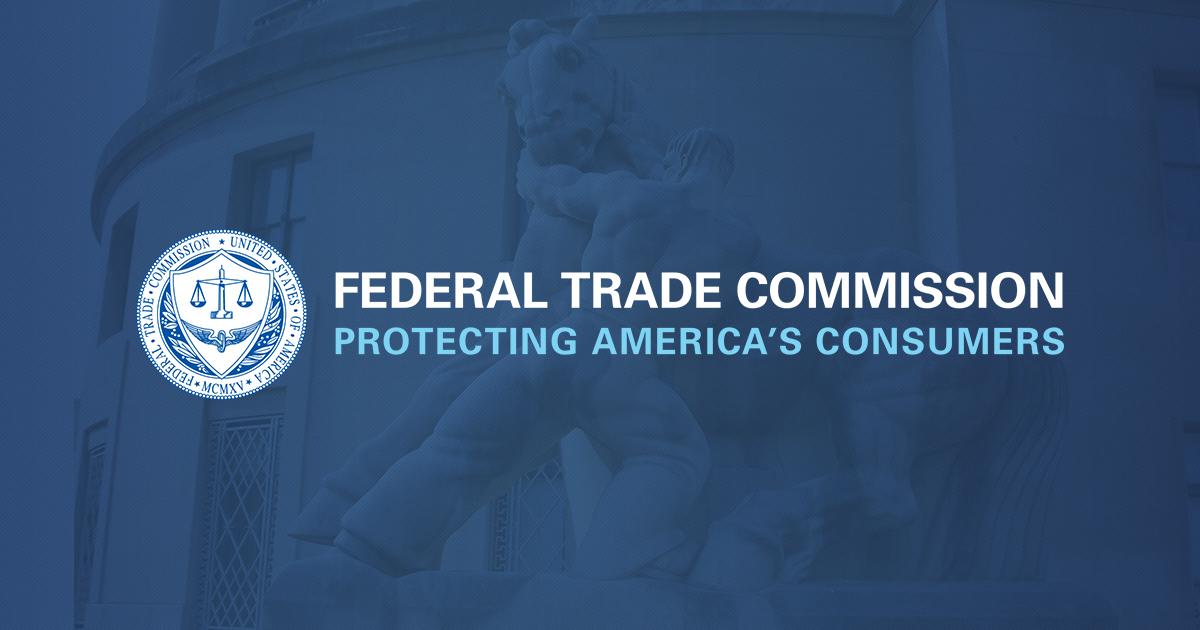Testifying on behalf of the Federal Trade Commission before a subcommittee of the U.S. House of Representatives’ Committee on Energy and Commerce, Tara Koslov, Deputy Director of the FTC’s Office of Policy Planning, described the state of competition in the pet medications industry, as well as the FTC’s work in this area.
The testimony, presented to the Subcommittee on Commerce, Manufacturing, and Trade, outlined the Federal Trade Commission’s research into two related issues that could impact competition for the sale of pet medications. The first issue is the limited availability of portable pet medication prescriptions that would give consumers the option to purchase prescription pet medications from somewhere other than the prescribing veterinarian’s office. The second issue is the manufacturers’ use of exclusive distribution policies, which limit the supply of pet medications to veterinary practices as opposed to other outlets such as pet supply retail stores.
Noting that the Commission believes that prescription portability likely benefits consumers, Deputy Director Koslov said the Commission “generally supports policies that would increase both consumer awareness and veterinarian release of portable prescriptions.”
As the testimony explains, some consumers may not be aware that they can ask their veterinarian for a portable prescription, or they may be uncomfortable asking for one. Non-veterinary retailers and consumer advocates argue that automatic prescription release –requiring portable prescriptions for all medications prescribed by veterinarians – is the most effective means of creating consumer awareness, according to the testimony. On the other hand, veterinarians, manufacturers, and distributors generally believe that veterinarians are in the best position to dispense pet medications to consumers, and consequently tend to oppose automatic prescription release, the testimony states.
Constraints on prescription portability are likely limiting competition between veterinarians and non-veterinary retailers in the sale of pet medications, which may harm consumers, the testimony notes. “Prescription portability for pet medications has the potential to yield significant procompetitive benefits for consumers, including lower prices, improved service, more choices, and greater convenience,” the testimony states.
Historically, according to the testimony, nearly all major manufacturers of pet medications distributed their products only to licensed veterinarians, or to authorized distributors that sold only to veterinarians. Consequently, consumers bought nearly all pet medications from their veterinarians. With consumer demand for pet medications on the rise in the last decade, however, veterinarians have faced increased competition from retail pharmacies, big-box retail stores, supermarkets, and online pharmacies despite some medication manufacturers’ exclusive distribution policies.
The FTC conducted a 2012 public workshop to examine competition and consumer protection issues in the pet medications industry. In 2015, FTC staff issued a report that summarized input from industry stakeholders and consumer advocates, made recommendations, and identified areas for further study.
The Commission vote approving the testimony and its inclusion in the formal record was 3-0.
The Federal Trade Commission works to promote competition, and protect and educate consumers. You can learn more about how competition benefits consumers or file an antitrust complaint. Like the FTC on Facebook, follow us on Twitter, read our blogs and subscribe to press releases for the latest FTC news and resources.

